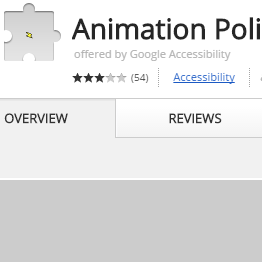PC Health Check 2 : Operating System
Which operating system do you use? Why it’s important?
 What operating system (OS) you use plays a big part in your computer’s ‘best before’ date. An ever-increasing number of popular programs, including Microsoft Office 2016, are no longer compatible with older operating systems like Windows Vista and XP. When your software options start to become restricted like this it might be time to consider a new PC (or at least upgrading the operating system).
What operating system (OS) you use plays a big part in your computer’s ‘best before’ date. An ever-increasing number of popular programs, including Microsoft Office 2016, are no longer compatible with older operating systems like Windows Vista and XP. When your software options start to become restricted like this it might be time to consider a new PC (or at least upgrading the operating system).
How do you find out?
Finding out what version of Windows you have is a doddle. Click the Start button and type system information. or Got to Control Panel -> System and Security -> System. You’ll see the result at the top, and which edition (Professional or Home). Prolong its life Upgrading to Windows 10 (or at least Windows 7) means your PC is much more likely to run the latest software. This won’t always be possible though. Windows 10, for example, requires a 1GHz (or faster) processor, 1GB RAM (for 32bit processors) or 2GB RAM (for 64bit), and 16GB of free hard-drive space (20GB for 64bit systems).
To check the speed of your processor and how much RAM it has, open System Information again and look for Processor and Installed Physical Memory in the Item column. To check how much free hard-drive space you have, use File Explorer (Windows Explorer in XP, Vista
and 7). Just right-click the C: drive and click Properties. Free space will be highlighted in pink.
PC Health Check 2 : Operating System
 Reviewed by Cars Explorers
on
03:03:00
Rating:
Reviewed by Cars Explorers
on
03:03:00
Rating:
 Reviewed by Cars Explorers
on
03:03:00
Rating:
Reviewed by Cars Explorers
on
03:03:00
Rating:












No comments: